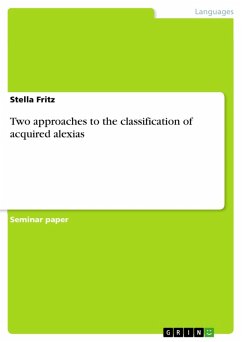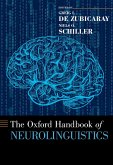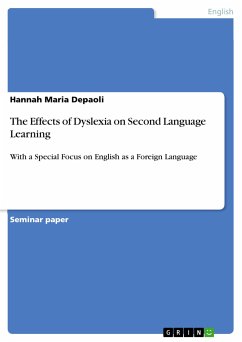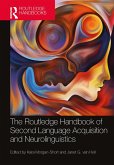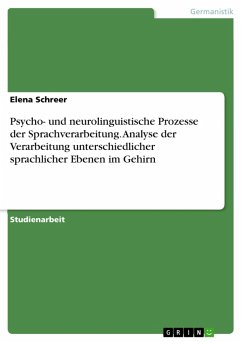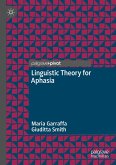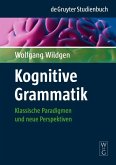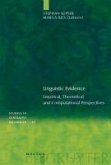Seminar paper from the year 2018 in the subject Speech Science / Linguistics, grade: 1,3, University of Augsburg, course: Neurolinguistics, language: English, abstract: There is a wide range of reading disabilities that has aroused the interest of scientists and neurologists, who have been trying to analyse and classify them. The focus of this term paper is on the varieties of acquired reading disorders. It is intended to provide a broad and understandable overview of the different forms of alexia with their underlying defects. They will be presented with respect to two main approaches, namely the traditional approach from a neurological point of view and the psycholinguistic approach from a neurolinguistic point of view. The traditional approach divides alexias into major clinical syndromes with regard to the reading deficit. There is a wide range of terms for this syndrome, referring either to accompanying deficits like apraxia, agraphia or acalculia or to the anatomical locus of the lesion. With the advent of cognitive neuropsychology in recent years, theorists have developed a new classification system for reading disturbances that follow brain damages. They were interested in developing a model of how the psycholinguistic process of reading operates based on the sorts of reading patterns they see in alexic patients. Therefore, their psycholinguistic approach divides alexias with respect to the reading mechanisms of brain-damaged people.
Dieser Download kann aus rechtlichen Gründen nur mit Rechnungsadresse in A, B, BG, CY, CZ, D, DK, EW, E, FIN, F, GR, HR, H, IRL, I, LT, L, LR, M, NL, PL, P, R, S, SLO, SK ausgeliefert werden.

